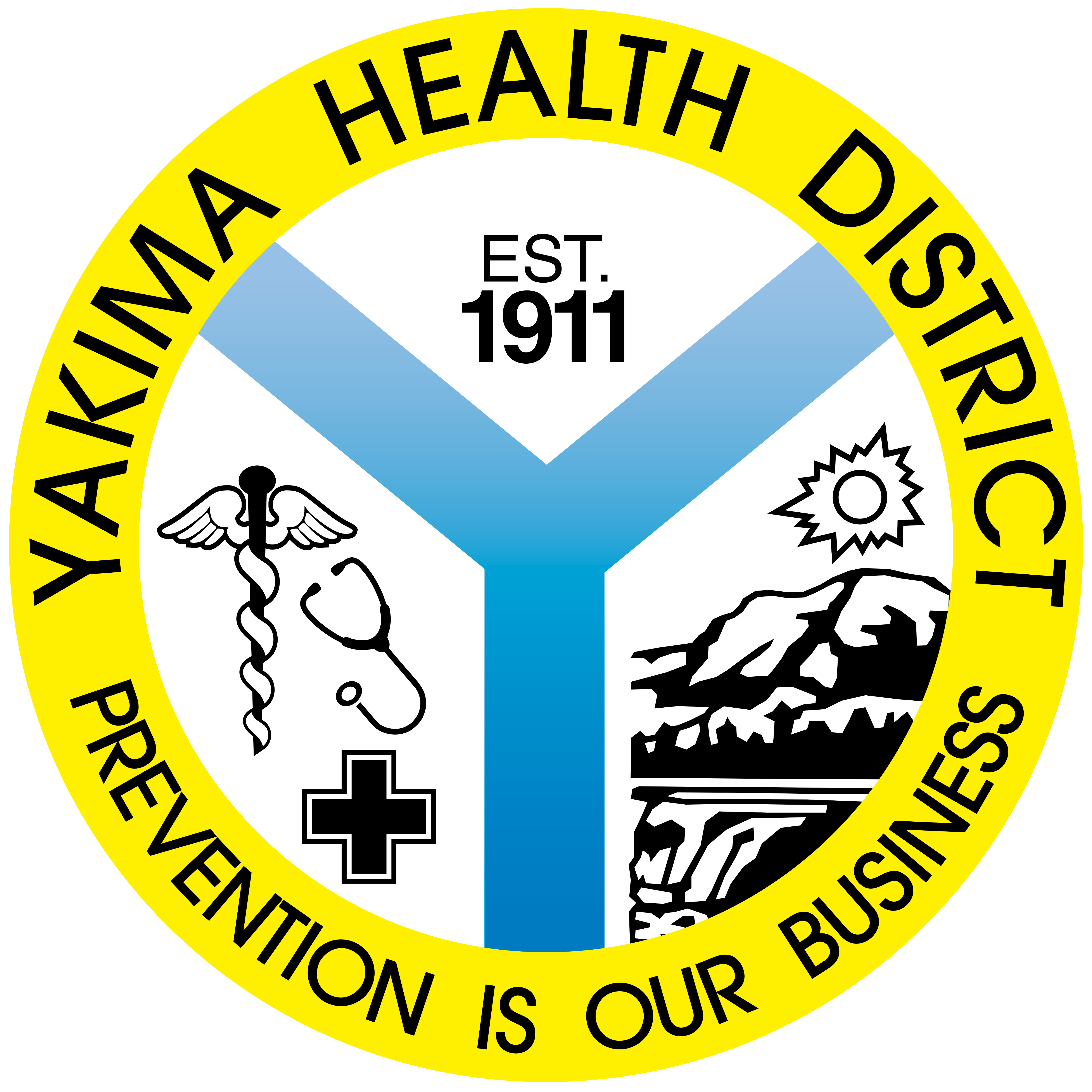
Contact: Melissa Sixberry, Director of Disease Control 509-249-650
**Clinical leadership is expected to schedule time to review guidelines with staff**
BACKGROUND
- In the United Kingdom and Europe, a possible link has been reported between COVID-19 and a serious inflammatory disease recently termed “Pediatric Multi-System Inflammatory Syndrome Temporally Associated with COVID-19.”
- As of May 11, 2020, one suspected pediatric clinical cases compatible with multi-system inflammatory syndrome associated with COVID-19 has been reported in children in Washington State. As of May 5, 2020, 64 cases have been reported in children in New York State.
- This syndrome has features which overlap with Kawasaki Disease and Toxic Shock Syndrome. Inflammatory markers may be elevated, and fever and abdominal symptoms may be prominent. Rash also may be present. Myocarditis and other cardiovascular changes may be seen. Additionally, some patients have developed cardiogenic or vasogenic shock and required intensive care. This inflammatory syndrome may occur days to weeks after acute COVID-19 illness.
- The syndrome may include:
- A child presenting with persistent fever, inflammation (e.g., neutrophilia, elevated C-reactive protein, ferritin, and lymphopenia) and evidence of single or multi-organ dysfunction (shock, cardiac, respiratory, renal, gastrointestinal or neurological disorder). This may include children meeting full or partial criteria for Kawasaki disease.
- Exclusion of any other microbial cause, including bacterial sepsis, staphylococcal or streptococcal shock syndromes, and infections associated with myocarditis such as enterovirus. Clinicians should not delay seeking expert advice while waiting for results of these investigations.
- Early recognition by pediatricians and prompt referral to an in-patient specialist, including to critical care is essential.
- This syndrome should be considered by pediatricians and specialists, particularly when other microbial etiologies have not been identified.
- Pediatricians and specialists should elicit any recent history of illness with COVID-19 or close contact with individuals who are known to have COVID-19 in children presenting with symptoms that are compatible with pediatric multi-system inflammatory syndrome potentially associated with COVID-19.
- The majority of patients who have presented with this syndrome have tested positive for SARS-CoV- 2 or corresponding antibodies. Some tested positive on diagnostic, molecular testing for SARS-CoV-2, others were positive on serological testing for corresponding antibodies.
RESOURCES
- Lancet correspondence (May 6, 20120): https://www.thelancet.com/journals/lancet/article/PIIS0140-6736(20)31094-1/fulltext
- Centers for Disease Control and Prevention (CDC) COVID-19 Website
- Royal College of Paediatrics and Child Health Guidance: Paediatric Multisystem Inflammatory Syndrome Temporally Associated with COVID-19
